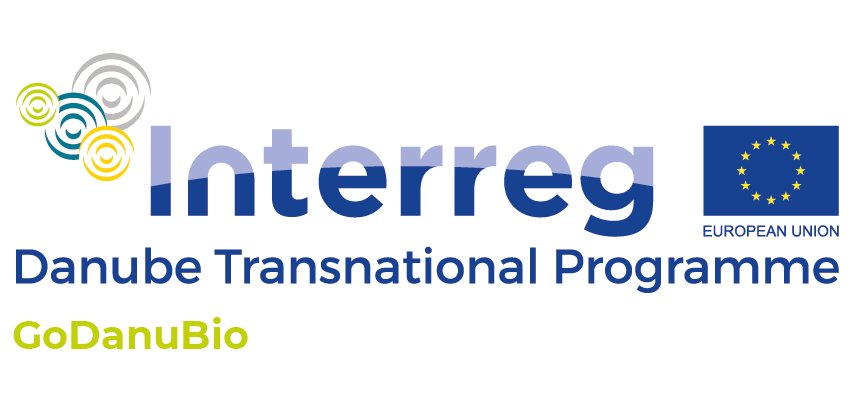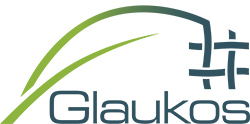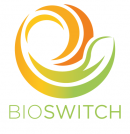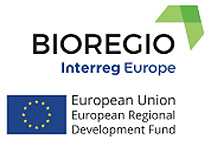GoDanuBio project
Project concluded

Danube regions and cities face major societal challenges regarding demographic change and brain drain. Rural exodus, loss of opportunities for youth and territorial imbalances are only the tip of the iceberg. However, Danube regions can make a change. A new beginning is possible through multi-level governance and stronger institutional capacities.
The bioeconomy potential of the Danube macro-region is vast. GoDanuBio advocates for the circular bioeconomy as a main tool to revitalize rural areas and establish rural-urban synergies from the Black Forest to the Black Sea. A way ahead is bioeconomising[1] clusters landscapes and value chains, and shaping innovation ecosystems. GoDanuBio inherits the results of DanuBioValNet project (2017-2019) and with a wider thematic scope focuses on participative governance and mutual learning to unleash transformation.
[1] The full deployment of the bioeconomy potential lies in the engagement and participation of all related-industries and stakeholders through the bio-based value chains. Missing gaps should be identified and integrated.
Contacts: Sergi Costa (Coordinator): costa@bio-pro.de
Teodora Atanasova (Communication): teodora.atanasova@brait.bg











